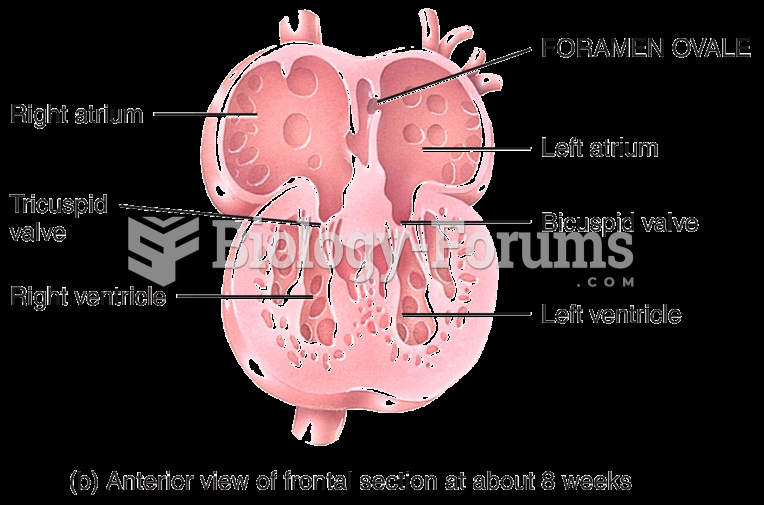|
|
|
Eat fiber! A diet high in fiber can help lower cholesterol levels by as much as 10%.
A seasonal flu vaccine is the best way to reduce the chances you will get seasonal influenza and spread it to others.
Glaucoma is a leading cause of blindness. As of yet, there is no cure. Everyone is at risk, and there may be no warning signs. It is six to eight times more common in African Americans than in whites. The best and most effective way to detect glaucoma is to receive a dilated eye examination.
The shortest mature adult human of whom there is independent evidence was Gul Mohammed in India. In 1990, he was measured in New Delhi and stood 22.5 inches tall.
Urine turns bright yellow if larger than normal amounts of certain substances are consumed; one of these substances is asparagus.







